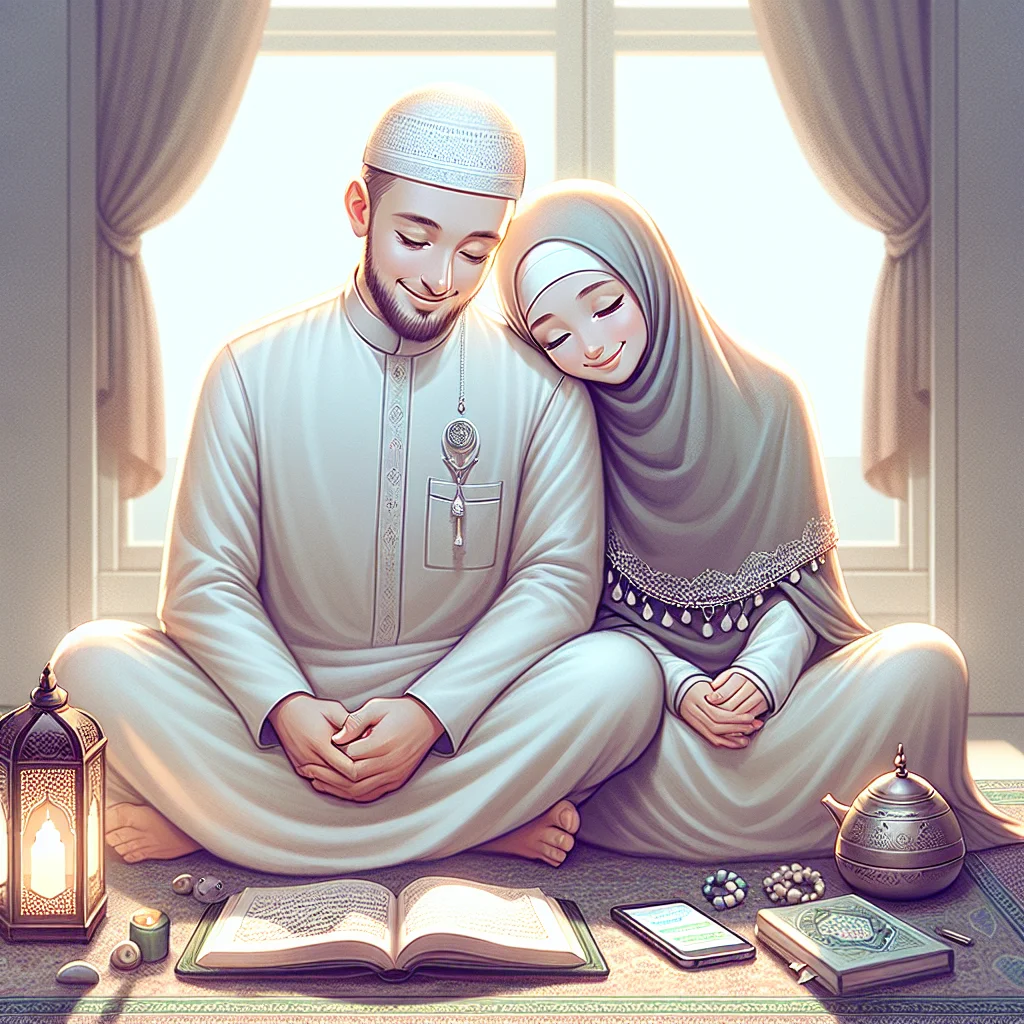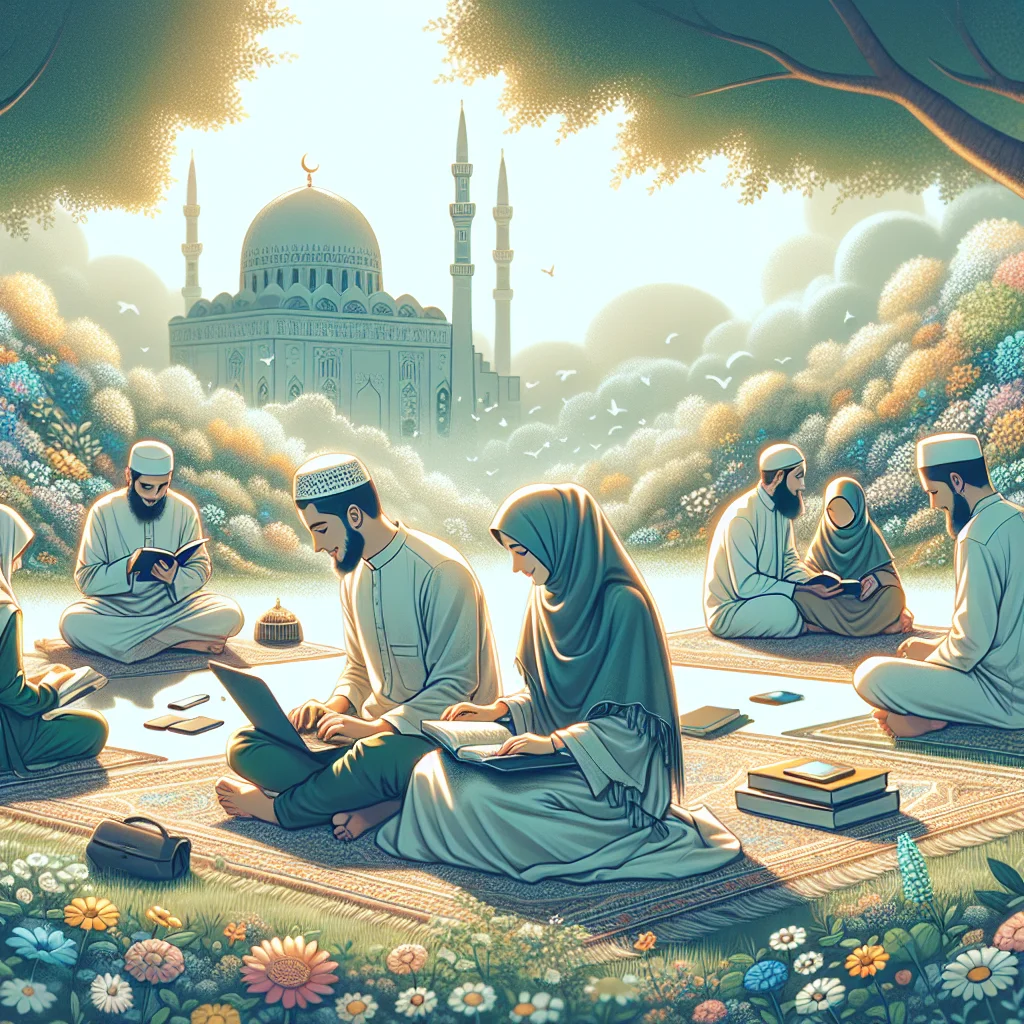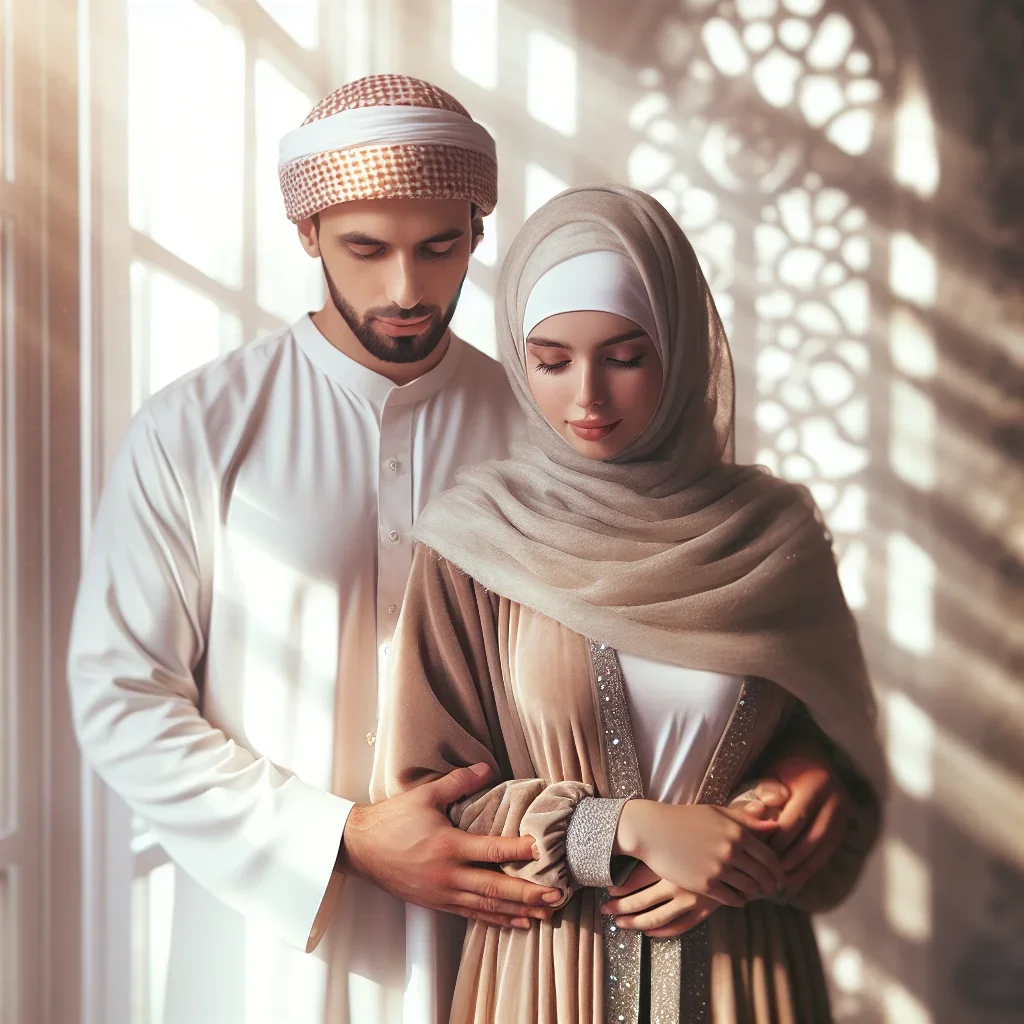Navigating Intercultural Marriages in Modern Muslim Societies
Intercultural marriages have become increasingly common in the modern world, including among Muslim communities. As the world becomes more interconnected, individuals from diverse cultural backgrounds are coming together in matrimony, presenting both opportunities and challenges for those involved. In Islamic societies, where traditions and values hold significant importance, navigating an intercultural marriage requires understanding, patience, and a strong commitment to upholding Islamic principles.
One of the key aspects of intercultural marriages is the merging of different cultural practices and beliefs. This can be a beautiful experience as it allows couples to learn and appreciate each other's traditions. However, differences in cultural norms, communication styles, and expectations can also lead to misunderstandings and conflicts if not addressed properly. In the context of Muslim societies, where cultural practices often intersect with religious beliefs, it is crucial for couples to have open and honest conversations about their cultural backgrounds and how they align with Islamic teachings.
Communication is the cornerstone of a successful intercultural marriage. It is essential for couples to openly discuss their values, expectations, and concerns to ensure that both partners feel heard and understood. In Islam, effective communication is encouraged as it fosters empathy, respect, and compassion towards one another. Building a strong foundation of communication based on mutual understanding and compromise is key to overcoming cultural differences and strengthening the bond between spouses.
Another important aspect of navigating intercultural marriages in modern Muslim societies is the role of families and communities. In many Muslim cultures, family approval and involvement play a significant role in the marriage process. When entering into an intercultural marriage, it is essential for couples to communicate with their families and seek their support and understanding. Educating family members about the cultural nuances of the partner and addressing any concerns or misconceptions can help pave the way for a harmonious relationship within the extended family.
Furthermore, seeking guidance from Islamic scholars and community leaders can provide couples with valuable insights on how to navigate the challenges of intercultural marriages while upholding Islamic values. Islam promotes the idea of unity in diversity and encourages believers to treat others with respect and kindness, regardless of their cultural backgrounds. By seeking advice from knowledgeable sources within the Muslim community, couples can receive guidance on how to balance their cultural differences while maintaining a strong Islamic identity.
In conclusion, navigating intercultural marriages in modern Muslim societies requires a deep understanding of one's own cultural background, effective communication with one's partner, and seeking support from families and communities. By embracing the diversity that intercultural marriages bring and upholding Islamic values of compassion, tolerance, and mutual respect, couples can build strong and harmonious relationships that are rooted in faith and love.
To find a righteous partner, install the Good Spouse app: http://goodspouse.com/go/en.
Install the Good Spouse app: ⬇️⬇️⬇️⬇️⬇️




